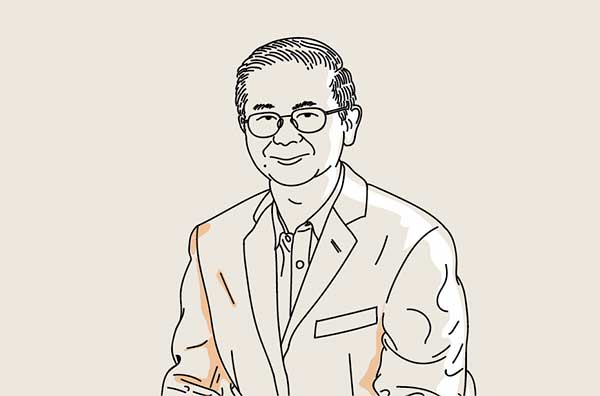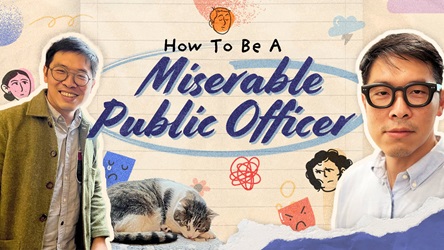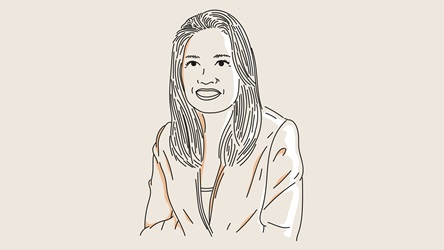Constantly challenge the status quo

Executive Director, Centre for Liveable Cities, 2011 – present
Chief Executive, PUB, Singapore’s national water agency, 2003 – 2011
Chief Executive, PSA Corporation, 1996 – 2002
Chief Executive and Chief Planner, Urban Redevelopment Authority (URA), 1992 – 1996
Dear young officer,
I started my career 40 years ago, in 1976, as an engineer in the then Urban Renewal Authority. The ’70s was a time of rapid growth, and the government was pragmatic. The Authority had a lot of autonomy to acquire land, resettle people and businesses, and build projects to resettle affected businesses.
The autonomy extended to junior officers who were given the responsibility to manage projects on their own. I had to plan, design and build a road to provide access to a condominium site, all within a year. In 11 months, I got the road done. In the process, I learned to negotiate the forest of bureaucracy to get various approvals for the road design, tree planting, drainage, planning buffer zone, etc. I got the job done simply by going around and talking to junior officers from the various departments that I needed to get approval from. Often they were very helpful, and I found I really did not need much help from my bosses.
Although seemingly ad hoc, the statutory boards worked well together to systematically develop Singapore. The agencies had many fights, but together achieved the creation of value for Singapore with good homes and infrastructure, and a clean and green environment. We took a pragmatic approach to finding solutions to problems, especially the mission-focused statutory boards that had the authority to cut through red tape to get things done.
Formalising systems
By the ’80s, however, there was a need for more formal systems. Two departments from the Urban Renewal Authority and Ministry of National Development merged to form the current URA. Systems like the Concept Plan review, the Development Guide Plans, the Development Charge review and the introduction of urban conservation were put in place.
Most of these changes were motivated by the need for a more open and transparent planning system. A lack of transparency confines knowledge to a small group of people, giving rise to the greater risk of corruption.
Putting in more formal systems helped younger officers to be more professional and accountable as authority was delegated.
Despite these formal systems being set in place, they did not stop us from thinking innovatively. We continued to come up with new ideas. We proposed a totally new way of doing stormwater drainage, first with Sungei Api Api in Tampines and later when I was at PUB with the Active, Beautiful and Clean Waters Programme.
Instead of having the traditional concrete canals, we designed them as rivers lined with mangroves or streams meandering through parks. Such projects challenge existing standards, rules and norms, and require professionals to have the courage and determination to try out new ideas, something Singapore will always need as we strive to make the city more liveable even as we densify.
Growing knowledge
This brings me to perhaps the most important aspect of my work in the last 10 years or so: investing in building up our knowledge base, first in water, and now in cities at the Centre for Liveable Cities.
Investing in knowledge creation, whether in urban systems or water systems, has been Singapore’s forte. The knowledge we have gained as we systematically solved our problems has helped us also to create new economic spaces for ourselves, e.g., exporting our urban solutions to cities like Suzhou, Tianjin and Amaravati.
When we started, it was not with systems but an ad hoc, pragmatic approach. The systems then evolved, always changing with circumstance. Ultimately, the key is good governance and policies, supported by a strong cadre of dedicated professionals, be they urban planners or water engineers.
Though we now hav

- POSTED ON
Feb 20, 2017
- TEXT BY
Khoo Teng Chye
-
Work Better
Instruction Manual February 2018









